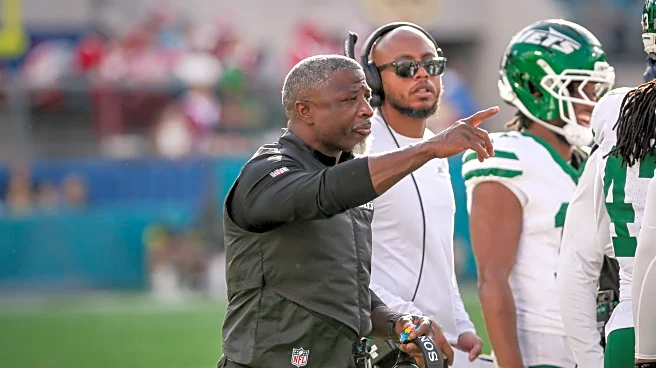What's Happening?
Modus operandi, abbreviated as 'M.O.,' refers to the specific methods and patterns used by individuals, particularly criminals, to carry out their actions. This term is crucial in legal practice for identifying and connecting suspects to crimes based
on their established behavior. In court, modus operandi evidence can be presented as expert testimony to help juries understand the significance of a suspect's behavior. It serves as a tool for prosecutors to demonstrate a defendant's pattern of behavior in similar crimes.
Why It's Important?
In legal proceedings, modus operandi is a valuable tool for establishing intent and linking suspects to crime scenes. By presenting evidence of consistent patterns in behavior, prosecutors can strengthen their case and provide juries with a clearer understanding of the suspect's actions. This approach not only aids in solving cases but also enhances the effectiveness of the criminal justice system. The ability to connect crimes through modus operandi can lead to quicker resolutions and improved public safety.
















